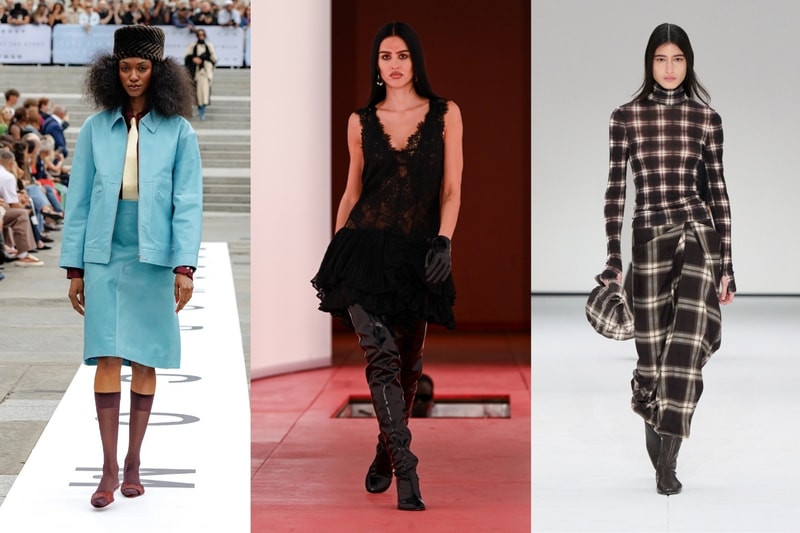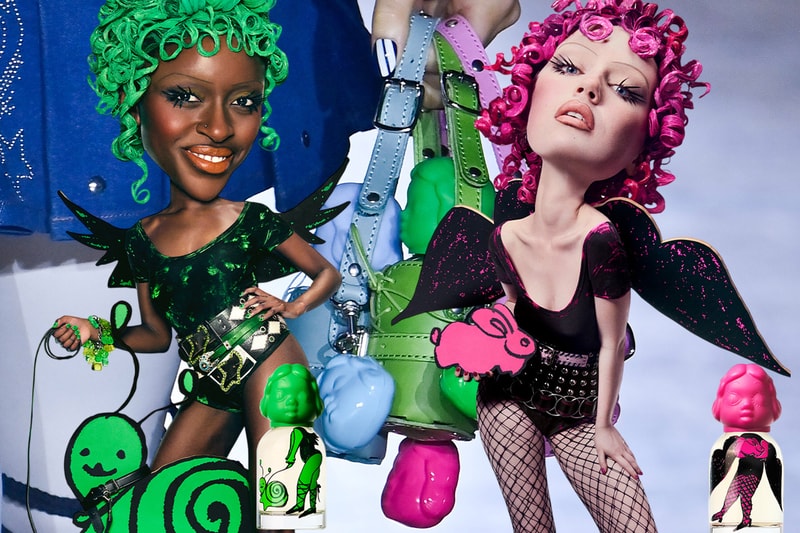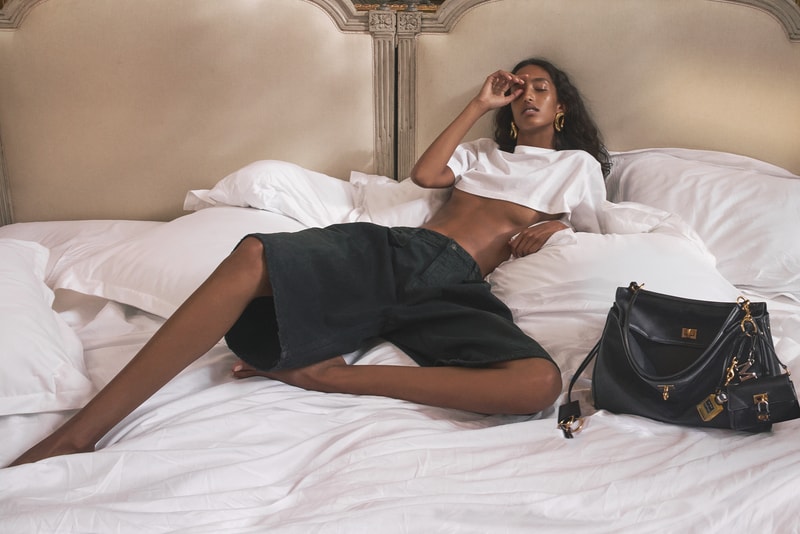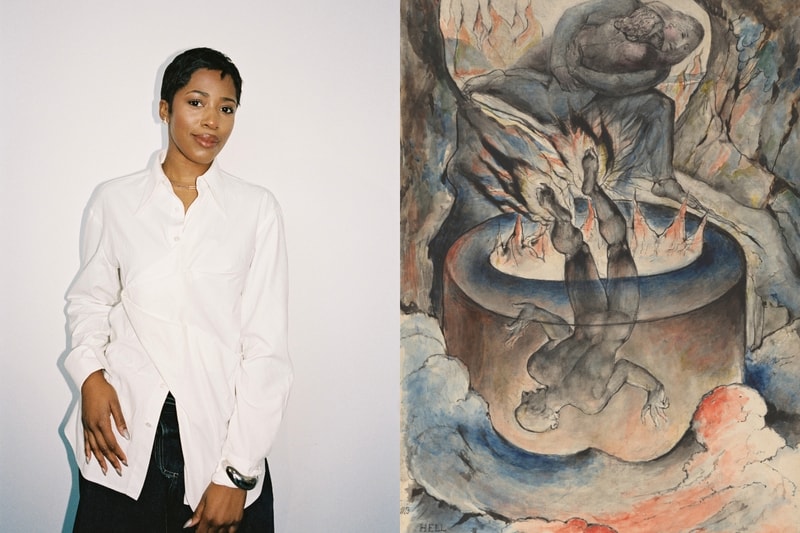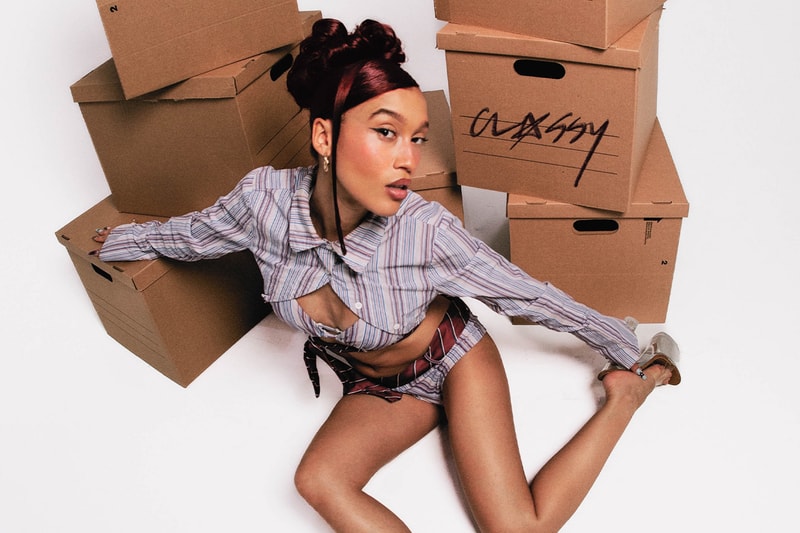Bisexual Gen Zers Face "Prove It Pressure," Hinge Reports
info@hypebae.com (Hypebae) Mon, 16 Sep 2024 Hypebae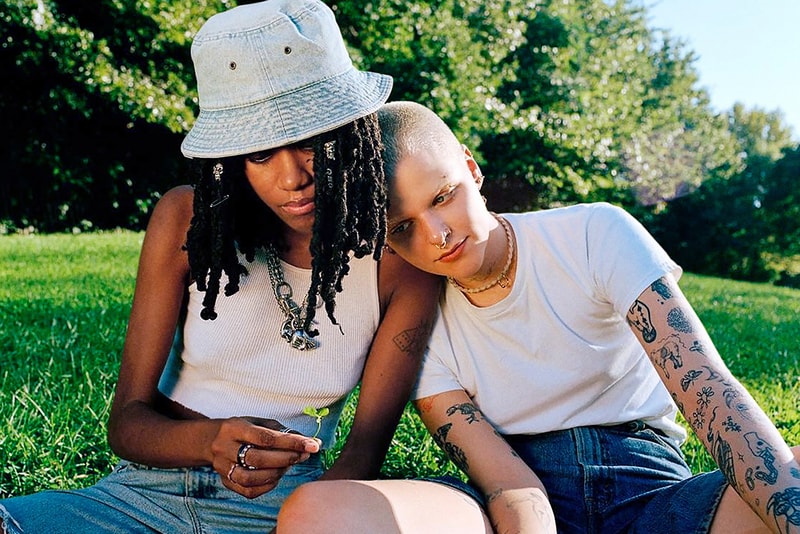
In celebration of Bisexual Awareness Week, Hinge dating app taps its Love and Connection Expert, Moe Ari Brown, for a few tips!
If you're queer, you know the struggle of navigating queer fashion and overall appearance just to feel "enough." As Hinge shared with us, this is very common as "75% of bisexual daters on Hinge report encountering challenges when coming out."
Hinge calls this "Prove It Pressure." The external expectation where "bisexual people are expected to explain and validate their identity. And it isn’t just a casual expectation, it’s a form of biphobia manifesting in mainstream culture, including for some of the biggest celebrities." *Cue Twitter accusing Megan thee Stallion of "queer baiting" when she's in fact, a proud bisexual woman.*
According to Brown, this occurs most to people who are deemed "straight-passing by others or are in a relationship that is perceived as heterosexual. This leads to bisexual individuals feeling the need to repeatedly come out."
If you've struggled with "Prove It Pressure," keep reading for Brown's top three tips for navigating this phenomenon.
Tip 1: Release any imposter syndrome when it comes to bisexuality. Imposter syndrome can happen for LGBTQIA+ people when we are experiencing self-doubt around our identities, and it can increase when we experience this “prove-it” pressure from others. I encourage you to notice any doubts you may have internalized from this pressure and release those limiting beliefs. Remember, there is not only one way to be bisexual, and there are a wide variety of ways to express the same sexual orientation.
Tip 2: Don’t be afraid to compassionately correct people. It’s not always comfortable to correct other people when you see them making a mistake, but when they make a mistake that relates to you, it’s vital to your self-confidence and self-esteem to correct them, compassionately. Whether it’s about your sexual orientation or assumptions about the gender of your partner, practice redirecting these mistakes.
Not speaking up in these moments risks furthering any imposter syndrome you may feel about bisexuality, discomfort in your identity and more. Plus, it’s extra affirming to tell someone else who you are rather than just accepting who they say you are.
Tip 3: Date at your own pace. Sometimes the pressure to prove our sexuality can push us to share about our relationships before we feel ready! However, it’s important that you take as much time as you need to find the person or persons you wish to be in a relationship with. When it comes to whether you do a soft, hard, or never launch a relationship(s), it really should be a mutual decision based on the needs of the relationship(s) and not based on the opinions of people outside the relationship(s).
While you're here, are you bicurious are heteroflexible? This article's for you!

